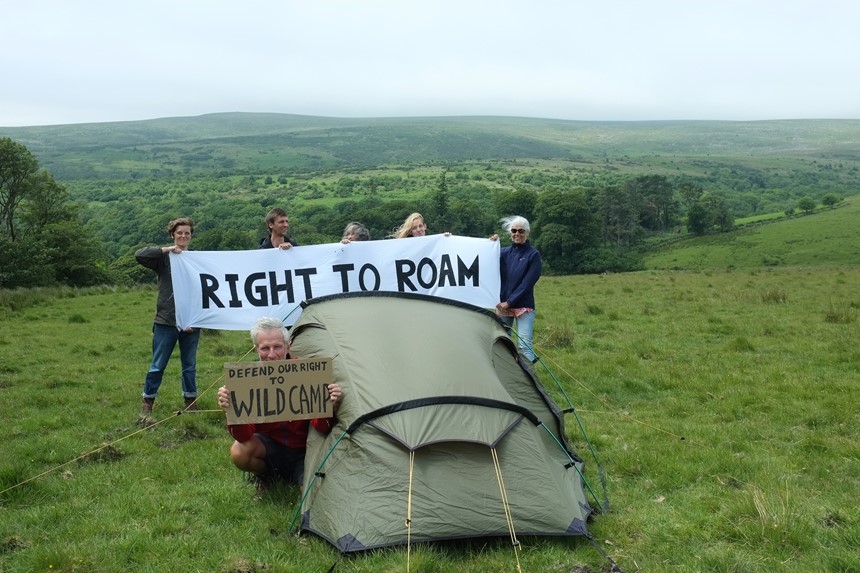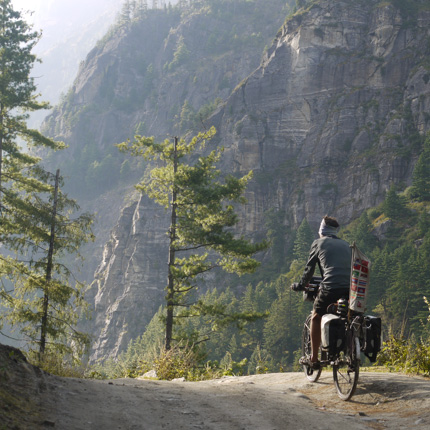But Right to Roam isn’t just calling for more outdoor access. It’s calling, Shrubsole says, for a “different relationship between people and nature - a reconnection.” The less we can access nature - the more we are confined to cities and scuppered by fences and barbed wire - the less we care and know about that land. “Is it really any wonder that we don't really fully appreciate the fact that we've lost half of our farmland birds in the last 50 years?” Shrubsole asks. “How many of us hear the dawn chorus anymore?”
This isn’t about returning to an agrarian society, he says, but putting in place a “new social contract” between landowners, farmers and the public that gives the public more oversight of and input into countryside management. Increasing accountability is as important as increasing knowledge of and care for nature.
There is a deep-rooted sense, Shrubsole says, that threats to the countryside come from urban areas. The Green Belt has become a symbolic dividing line here, and rhetoric about new communities coming into the outdoors - the Lulworth Estate, which owns Durdle Door, recently blamed “diverse crowds” for litter - reinforces this idea.
On the other hand, Shrubsole says, “we're still left with … this idea of a slight sense of cultural deference towards landowners and farmers as being the rightful custodians of the land,” despite the devastation industrialised farming has imposed on these landscapes - something campaigners like Shrubsole and George Monbiot have been working to highlight.
Only recently, Shrubsole recalls that, during a mass trespass in Devon, “we found not just a giant pheasant shoot,” but “the discarded corpses of pheasants dumped in a giant landfill site.” This is, remarkably, a routine feature of the sport of pheasant shooting - a sport backed by a twisted legal logic. “I think, actually, we should be giving the lie to those myths that Britain is full and the English countryside is all beautiful and wonderful and bucolic and managed well by the people who own it, and drawing back that curtain and allowing people into it,” Shrubsole says.














